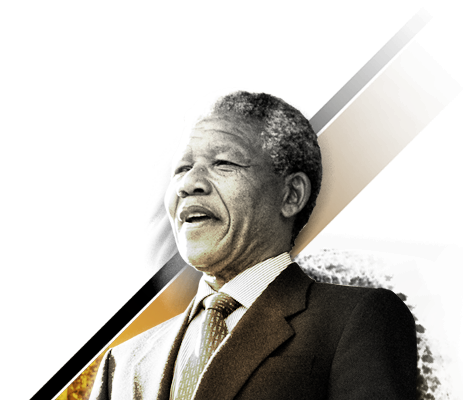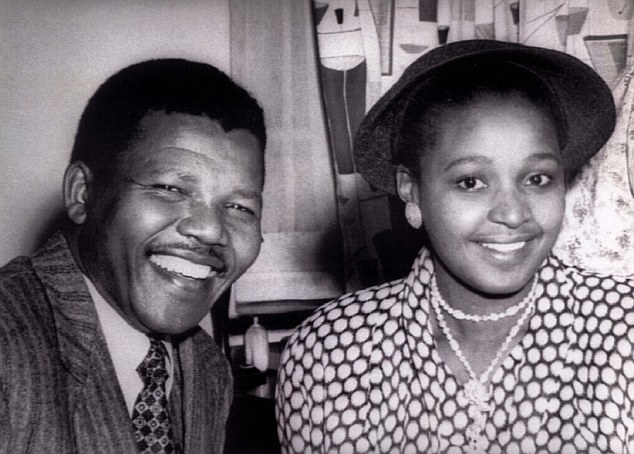The Legendary Life of Nelson Mandela
The world lost one of its greatest political icons on December 5, 2013, as renowned civil rights activist and former President of South Africa Nelson Mandela passed away at the age of 95.
A man of great strength and persistence, Mandela was one of the 20th century’s most progressive political activists. Mandela contributed to the fight against apartheid in South Africa and was a global promoter of human rights. Mandela’s life was filled with great trials and tribulations, and these life experiences helped shape the man he is remembered as today.
While Mandela will be widely remembered as a man of renowned success, persistence and a man worthy of great praise, what impact did Nelson Mandela leave on the world? What kind of man did the world truly see Mandela as, and, closer to home, what significance does he hold with citizens of the United States?
AP US History teacher Mr. Andrew White believes Mandela held a distinct significance to the United States because, “During the 1980’s, Mandela brought worldwide attention to the problems of apartheid, proving that one man can inspire to fight for justice no matter where they are.”
Mandela’s time in the spotlight of politics and law began, according to the BBC, when he joined forces with Oliver Tambo to form the first black law firm in South Africa in 1952. From this point forward, Mandela’s life would become intertwined with the anti-apartheid movement as part of the African National Congress (ANC), which ultimately led to a series of arrests, trials, years of underground work, and, eventually, his twenty-seven-year imprisonment on Robben Island.
While Mandela’s countless political activities and protests earned him nearly three decades in prison, he did not toil in anonymity as his plight – and the plight of other political prisoners who were being held unjustly due to apartheid – eventually received attention from the international community, which, according to the BBC, “started to tighten sanctions which had been first imposed on the apartheid regime in 1967.”
This pressure ultimately led South African President FW de Klerk to release Mandela from prison on February 11, 1990. After being released from prison, Mandela refused to stop the fight for the freedom of his people. The next year, he was elected ANC President, and in 1994 he became the nation’s first black president.
English teacher Mr. Charles Smith praises the legacy that Mandela left behind. According to Mr. Smith, “He had every right to be angry and revengeful because of his activities with the NEC; however, he realized that he was the one person who could prevent utter warfare, and as apartheid was crumbling, he used tact with forgiveness and reconciliation.”
Mandela broke racial barriers and ended racial segregation in his country, all while using the tactics of peace and protest. Mr. Smith sees this achievement as significant because, “If the United States can follow the mottos of Ghandi, King and Mandela, real racial harmony is achievable.”
Mandela’s legacy and leadership are why he is so widely respected and remembered around the world, especially in the United States. Mandela’s clever tactics and peaceful leadership all brought positive change in his country. Mandela achieved his goal without using war, violence, or authoritarianism. In a world filled with violence and injustice, however, Mandela’s achievements proved that through peace and forgiveness, violence and injustice can cease to exist.
AP World History teacher Mrs. Kim Lueck says of Mandela, “He was truly an amazing man. He ceaselessly fought for justice. Despite facing discrimination, hatred, and being jailed, he came out and led in a spirit of love, forgiveness, and inclusiveness.”







































